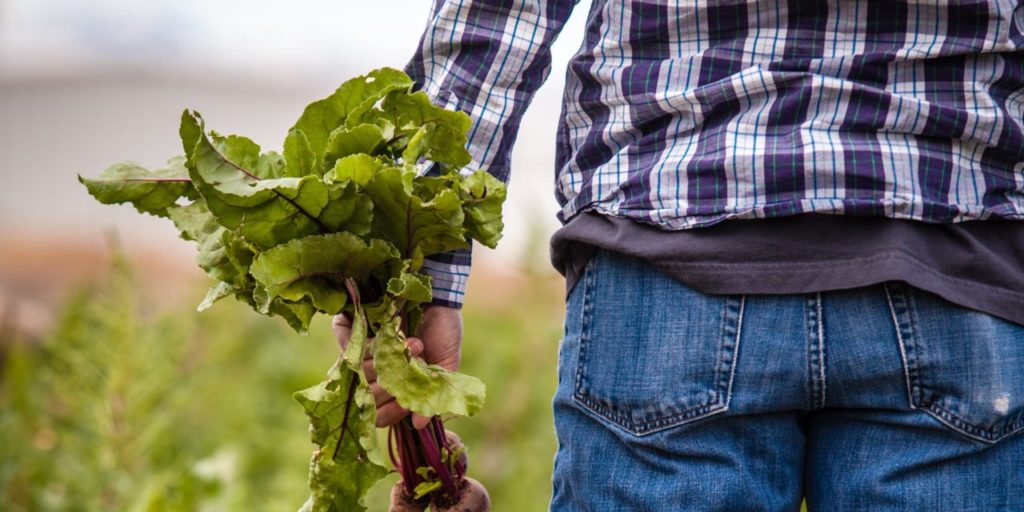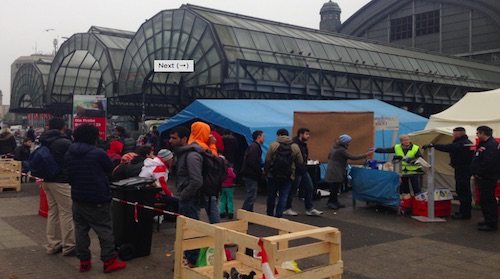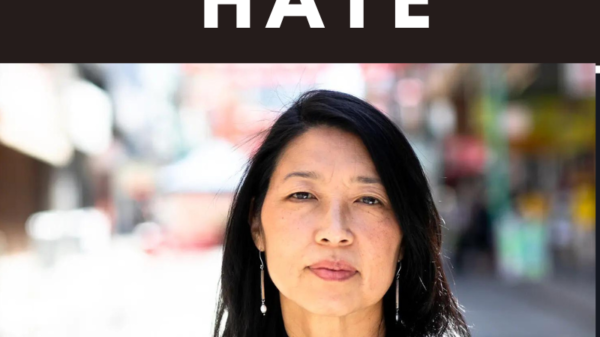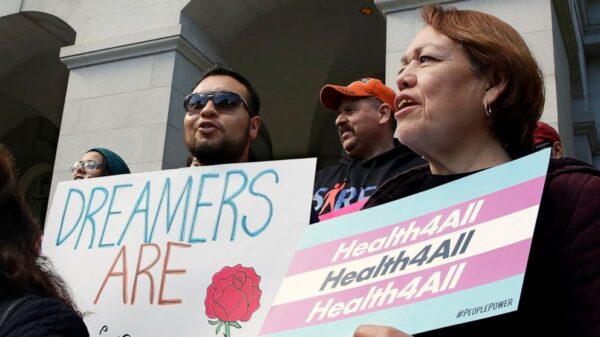 Magazine, The Immigrant Experience, Posted by Katy Murdza For Immigration Impact
Magazine, The Immigrant Experience, Posted by Katy Murdza For Immigration Impact
The U.S. agricultural industry depends on seasonal guest workers to produce the food Americans eat. Since 1986, the H-2A visa program has allowed employers to fill labor shortages with temporary and seasonal workers from other countries.
The Trump administration recently classified agricultural employees as “essential critical infrastructure workers” during the novel coronavirus (COVID-19). At the same time, the pandemic is complicating the guest worker application process. This in turn threatens farmers’ ability to provide the food we serve on our tables.
Last month, the State Department announced that it would pause the processing of all new H-2A applications because they require an in-person interview at a U.S. consulate.
The State Department began limiting their services in all countries with a level 2, 3, or 4 Travel Advisory due to the coronavirus. The State Department issues these warnings when it’s considered dangerous to travel to certain countries.
As a result, the consulate in Mexico—where many seasonal farmworkers are from—is currently unable to process H-2A applications.
The government took some measures to compensate for the setback.
Visa processing continued in countries without travel warnings. Interviews for certain returning workers were waived. For the first time, the Department of Labor committed to helping workers finishing their seasonal contract with one farm to transfer immediately to another farm. Normally, H-2A workers can only work for the employer who petitioned for them.
Still, thousands of positions remain at risk of going unfilled. Mexico is home to more than half of H-2A workers. About half of those are new applicants, and most are issued in the spring months.
The Agriculture Workforce coalition sent a letter to Secretary of State Mike Pompeo on March 17, expressing “deep concern” about the consulate closures.
The CEO of Western Growers Association said that “delays are potentially very hazardous to farmers who were counting on that workforce to show up at an exact period of time to harvest a perishable crop.”
Many agricultural employers had already been struggling to fill labor shortages before the virus. Their attempts to fill farmworker positions have caused the H-2A visa program to double in size the past five years, to over 200,000 workers. Immigrants account for 73% of the U.S. agricultural workforce.
The State Department later announced that interviews for first-time applicants and a broader group of returning applicants would also get waived. The announcement is a positive development, but some complications remain.
Employers of H-2A workers are required to provide housing. The workers generally live in close quarters where social distancing is difficult, if not impossible. Similar complications must be addressed for workers in the fields and meatpacking facilities.
Many workers don’t speak English and may not have access to information on COVID-19 prevention. And if they do contract the coronavirus, it might be difficult to get treatment.
The Families First Coronavirus Response Act now requires many employers to provide paid leave to workers under emergency circumstances. This includes agricultural workers. But many do not have health insurance.








